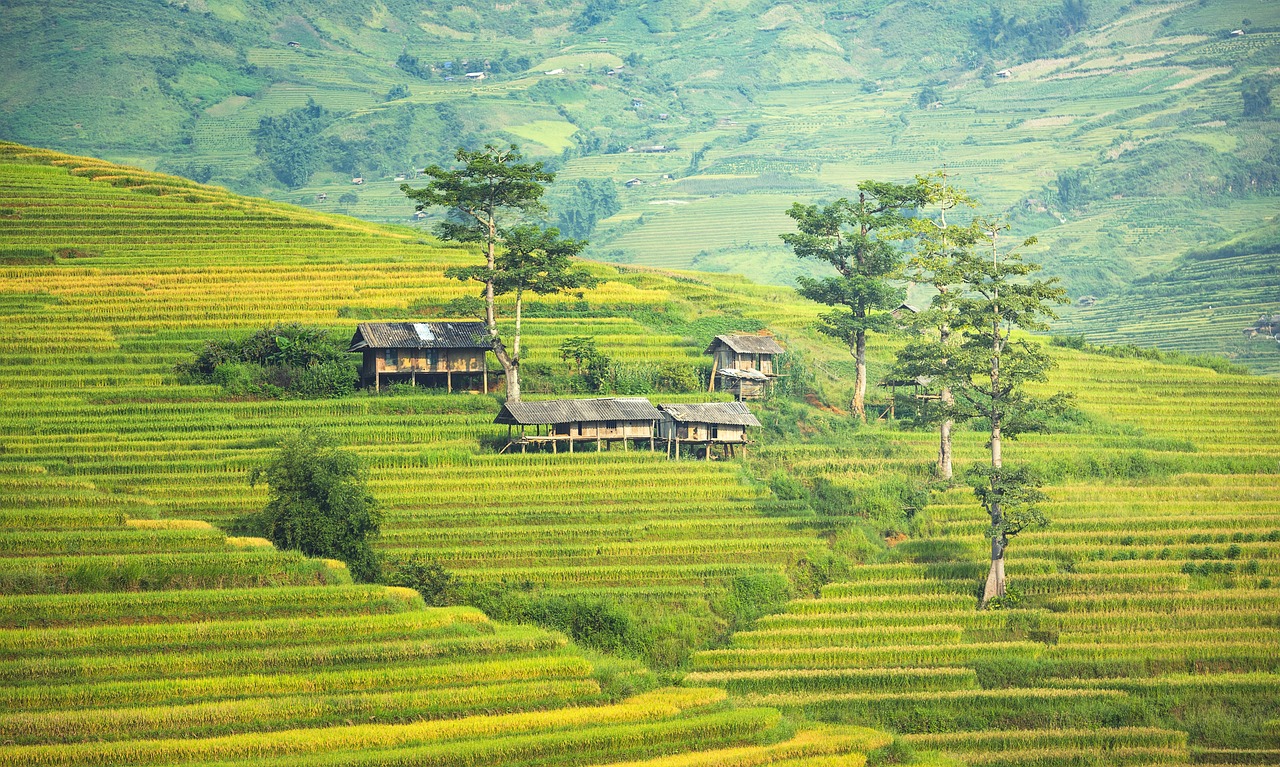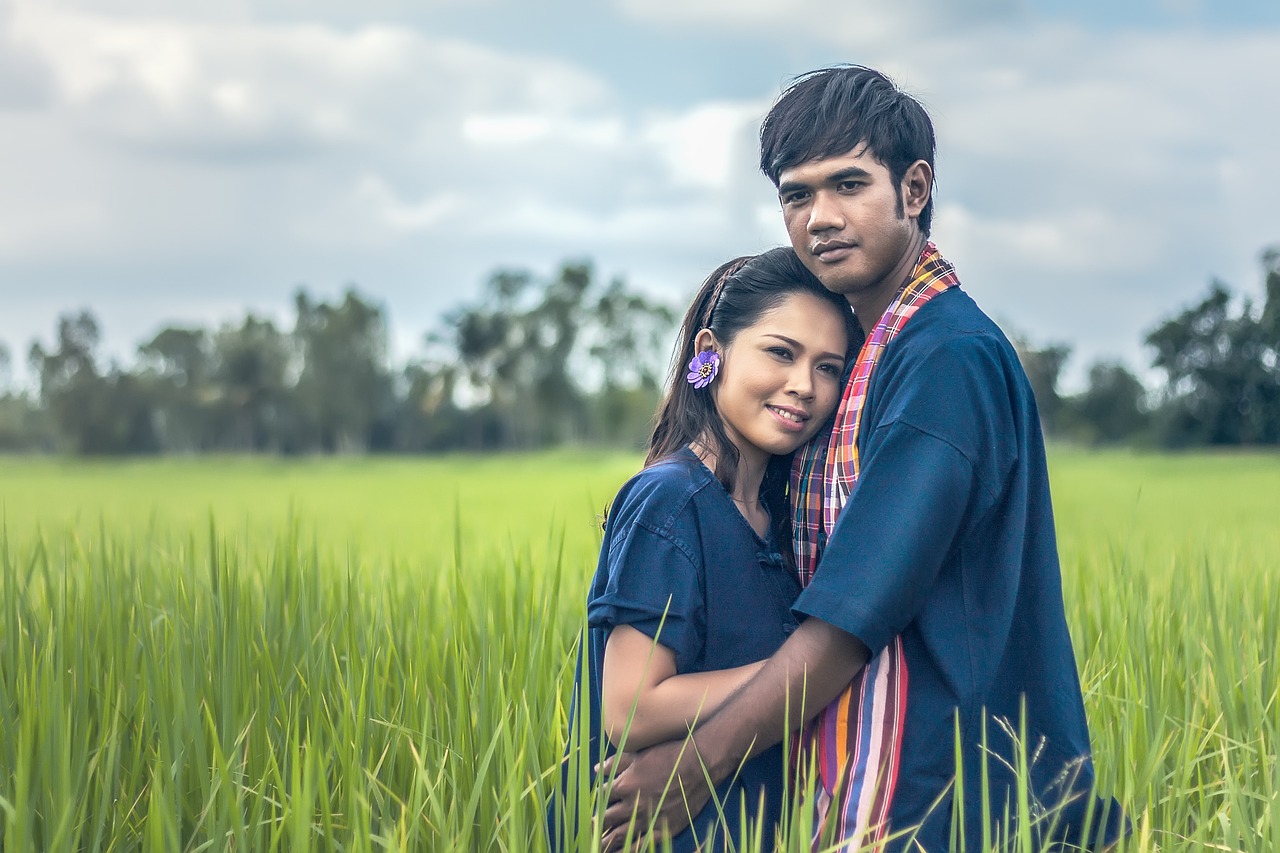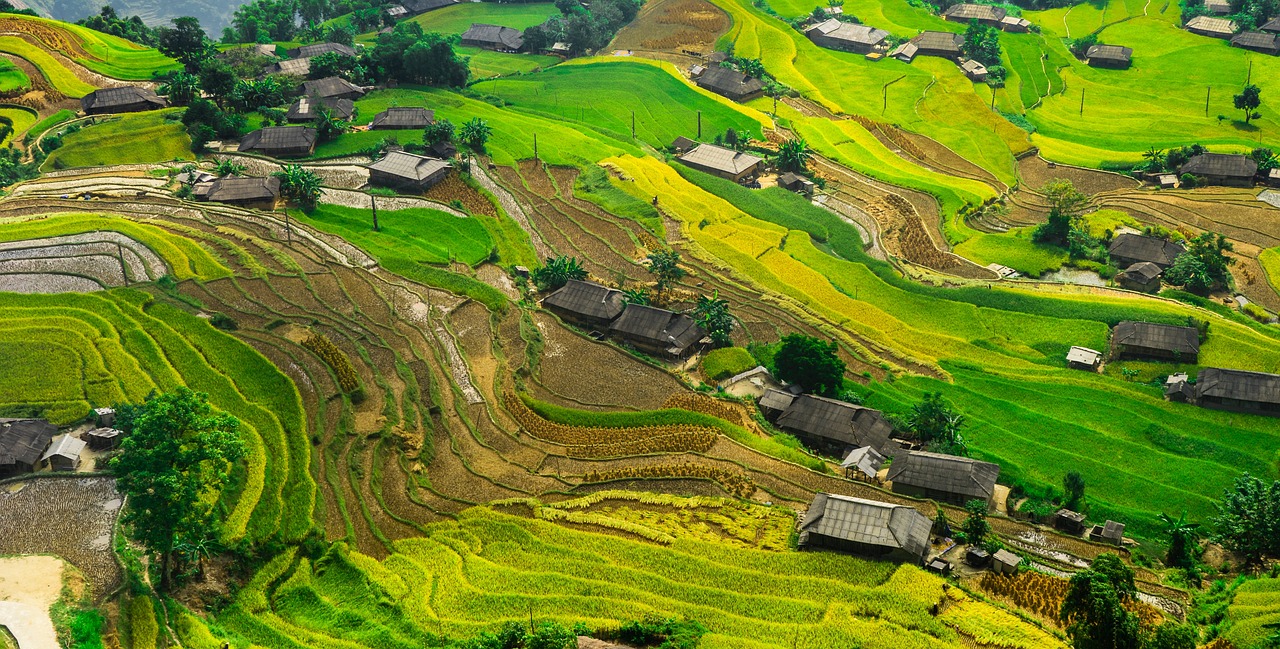Myanmar Video
Safety Tips for Remote Workers in Myanmar
Myanmar, also known as Burma, is a beautiful and culturally rich country located in Southeast Asia. With its stunning landscapes, ancient temples, and vibrant traditions, it has become an attractive destination for remote workers seeking a unique experience. However, as a remote worker in Myanmar, it is essential to prioritize safety and take necessary precautions to ensure a secure and productive work environment. In this article, we will explore safety tips specifically tailored for remote workers in Myanmar.
Section 1: Cultural Awareness
Cultural awareness is crucial when working remotely in Myanmar. Understanding and respecting the local customs and traditions will not only help you integrate better but also contribute to your overall safety. Here are some key points to consider:
- Dress modestly: Myanmar is a predominantly Buddhist country, and it is important to dress modestly, especially when visiting religious sites or conservative areas. Avoid wearing revealing or provocative clothing.
- Learn basic greetings: Familiarize yourself with basic Burmese greetings and phrases. The locals appreciate when foreigners make an effort to communicate in their language.
- Respect religious practices: Buddhism is deeply ingrained in Myanmar’s culture. Be mindful of religious practices, such as removing your shoes before entering temples or pagodas.
- Observe local customs: Take note of local customs and practices, such as removing your hat when entering someone’s home or using your right hand for greetings and eating.
Section 2: Transportation Safety
Getting around safely is essential for remote workers in Myanmar. Whether you’re traveling within cities or exploring the countryside, keep these transportation safety tips in mind:
- Use reputable taxi services: Opt for well-known and reputable taxi services or ride-sharing apps like Grab. Avoid hailing random taxis on the street, especially at night.
- Check vehicle condition: Before getting into a taxi or any other hired vehicle, inspect its condition. Ensure that the vehicle is in good working order and has seatbelts.
- Negotiate fares in advance: When using taxis or other forms of transportation without meters, negotiate and agree on the fare before starting the journey to avoid any misunderstandings later.
- Be cautious on roads: Myanmar has diverse road conditions, and traffic can be chaotic in some areas. Stay vigilant, follow traffic rules, and be cautious while crossing roads.
Section 3: Accommodation Safety
Finding a safe and comfortable place to stay is essential for remote workers in Myanmar. Consider the following tips when choosing your accommodation:
- Research the neighborhood: Before booking accommodation, research the neighborhood to ensure it is safe and suitable for your needs. Look for reviews and recommendations from other travelers.
- Secure accommodations: Choose accommodations that have adequate security measures, such as CCTV cameras, secure entrances, and in-room safes for storing valuables.
- Lock your doors and windows: Always lock your doors and windows, even when inside your accommodation. Use additional security measures like door wedges or portable door locks for added peace of mind.
- Inform reception or host: Let the reception or your host know about your whereabouts and expected return time, especially if you plan to explore or be away from your accommodation for an extended period.
Myanmar Image 1:

Section 4: Health and Hygiene
Maintaining good health and hygiene practices is crucial for remote workers in Myanmar. Follow these tips to stay healthy and avoid common illnesses:
- Drink bottled water: Tap water in Myanmar is not safe for drinking. Stick to bottled water and ensure the seal is intact before consuming.
- Wash hands frequently: Practice good hand hygiene by washing your hands regularly, especially before meals and after using public facilities. Carry hand sanitizer for situations where soap and water are not available.
- Get vaccinated: Consult with a healthcare professional before traveling to Myanmar and ensure you are up to date on routine vaccinations. Consider additional vaccines such as hepatitis A and typhoid.
- Protect against mosquitoes: Myanmar is at risk for mosquito-borne diseases like dengue fever and malaria. Use insect repellent, wear long sleeves and pants, and consider staying in accommodations with mosquito nets or air conditioning.
Section 5: Internet and Cybersecurity
As a remote worker, reliable internet access and cybersecurity are essential. Here are some tips to ensure a secure online presence while working in Myanmar:
- Use secure networks: Avoid using public Wi-Fi networks for sensitive work-related tasks. Instead, use a secure, password-protected network or set up a virtual private network (VPN) for encrypted connections.
- Keep software updated: Regularly update your devices and software to protect against security vulnerabilities. Enable automatic updates whenever possible.
- Use strong, unique passwords: Create strong passwords for your online accounts and avoid using the same password for multiple accounts. Consider using a password manager to securely store your passwords.
- Beware of phishing attempts: Be cautious of suspicious emails, messages, or websites that may attempt to steal your personal or financial information. Avoid clicking on unknown links or providing sensitive information.
Myanmar Image 2:

Section 6: Emergency Preparedness
Being prepared for emergencies is essential for remote workers in Myanmar. Take the following steps to ensure you are ready for unexpected situations:
- Know emergency numbers: Familiarize yourself with local emergency numbers, such as the police, ambulance, and fire department. Keep these numbers saved in your phone or written down in case of emergencies.
- Have a first aid kit: Carry a basic first aid kit with essential supplies such as band-aids, antiseptic ointment, pain relievers, and any necessary prescription medications.
- Keep important documents secure: Make digital copies of important documents such as your passport, visa, and travel insurance. Store them securely in the cloud or email them to yourself for easy access in case of loss or theft.
- Share your itinerary: Inform a trusted friend or family member of your itinerary, including details of your accommodation and any planned activities. Regularly check in with them to update them on your whereabouts.
Section 7: Personal Safety
Taking personal safety precautions is essential for remote workers in Myanmar. Consider the following tips to stay safe:
- Be aware of your surroundings: Stay alert and aware of your surroundings, especially in crowded areas or unfamiliar locations. Trust your instincts and avoid risky situations.
- Avoid walking alone at night: Whenever possible, avoid walking alone at night, especially in poorly lit or secluded areas. Take a taxi or arrange for a trusted mode of transportation.
- Keep valuable belongings secure: Keep your valuable belongings, such as laptops, phones, and wallets, secure and out of sight. Consider using a hidden money belt or a secure bag to deter potential thieves.
- Be discreet with technology: Avoid flaunting expensive technology or belongings that may attract unwanted attention. Keep your devices out of sight when not in use.
Section 8: Cultural Sensitivity
Respecting the local culture and customs is essential for remote workers in Myanmar. Here are some additional tips to ensure cultural sensitivity:
- Avoid sensitive topics: Be mindful of discussing sensitive topics such as politics or religion, as these can be sensitive subjects in Myanmar. Engage in conversations that promote cultural understanding and mutual respect.
- Ask for permission: Seek permission before taking photographs, especially of individuals or religious sites. Respect any requests to not be photographed or to delete a photo.
- Support local businesses: Embrace the local culture and support local businesses, such as restaurants, markets, and artisans. This helps contribute to the local economy and fosters positive relationships with the community.
- Learn from locals: Engage with locals and learn from their experiences and perspectives. Embrace the opportunity to immerse yourself in the local culture and gain a deeper understanding of Myanmar.
Myanmar Image 3:

Section 9: Natural Disaster Preparedness
Myanmar is prone to natural disasters such as cyclones, earthquakes, and floods. Prepare for such events with the following tips:
- Stay informed: Monitor local news and weather updates to stay informed about potential natural disasters. Follow any evacuation orders or safety recommendations issued by local authorities.
- Prepare an emergency kit: Create an emergency kit with essential supplies, including non-perishable food, water, flashlights, batteries, a battery-powered radio, and a first aid kit.
- Identify safe areas: Familiarize yourself with safe areas or evacuation shelters in your vicinity. Have a plan in place for reaching these locations quickly and safely.
- Keep important documents secure: As mentioned earlier, keep digital copies of important documents and store them securely in the cloud or email them to yourself for easy access during emergencies.
Section 10: Mental Well-being
Maintaining mental well-being is vital for remote workers in Myanmar. Here are some tips to prioritize your mental health:
- Find a work-life balance: Set boundaries between work and personal life to avoid burnout. Prioritize self-care activities such as exercise, hobbies, and spending time with loved ones.
- Connect with others: Seek opportunities to connect with fellow remote workers or locals. Join online communities or attend local events to foster social connections.
- Take breaks: Incorporate regular breaks into your work schedule to recharge and relax. Explore the beautiful surroundings of Myanmar or engage in activities that bring you joy.
- Seek support if needed: If you are experiencing mental health challenges, reach out for support. Research local resources or consider contacting a mental health professional who specializes in remote counseling.
Section 11: Financial Safety
Protecting your finances is crucial for remote workers in Myanmar. Follow these tips to ensure financial safety:
- Notify your bank: Inform your bank or credit card company about your travel plans to Myanmar. This helps prevent any unexpected blocks or issues with your cards while abroad.
- Use secure ATMs: When withdrawing cash, use ATMs located in well-lit and busy areas. Avoid using ATMs that appear tampered with or suspicious.
- Keep copies of financial documents: Make copies of your credit cards, passport, and other financial documents. Store them securely in the cloud or email them to yourself for easy access in case of loss or theft.
- Monitor your accounts: Regularly monitor your bank accounts and credit card statements for any unauthorized transactions. Report any suspicious activity to your bank immediately.
Section 12: Conclusion
Working remotely in Myanmar can be an enriching experience, but it is essential to prioritize safety. By following these safety tips, you can ensure a secure and enjoyable stay in this beautiful country. Remember to be culturally sensitive, stay aware of your surroundings, and take necessary precautions for your well-being. Embrace the unique opportunities Myanmar has to offer while keeping safety at the forefront of your remote work journey.
References
– Myanmar Tourism: www.myanmartourism.org
– US Department of State – Myanmar: travel.state.gov
– Centers for Disease Control and Prevention – Myanmar: wwwnc.cdc.gov/travel/destinations/traveler/none/myanmar


